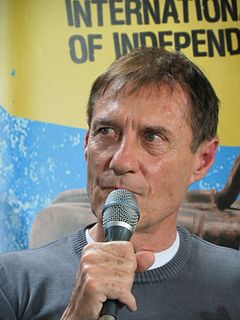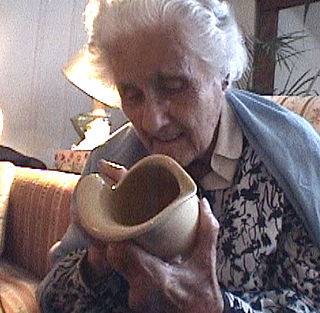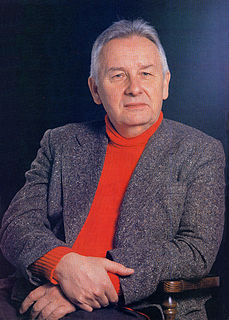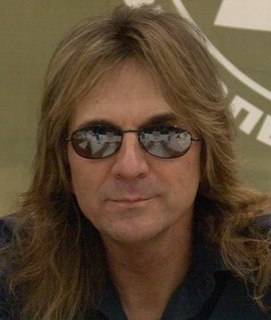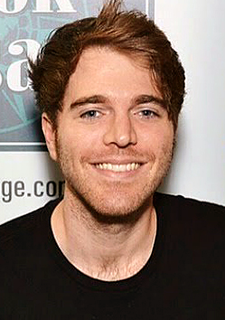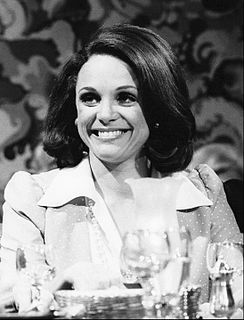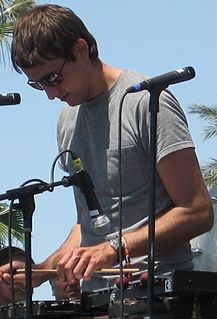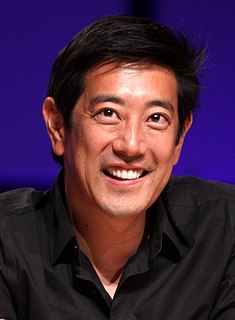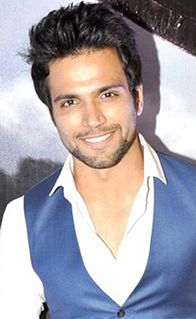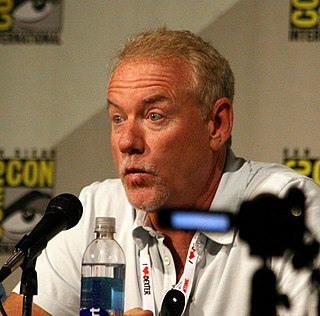A Quote by Roland Joffe
I've never wanted to do something where I'd berate the audience.
Related Quotes
I do not choose my listeners. What I mean is, I never write for my listeners. I think about my audience, but I am not writing for them. I have something to tell them, but the audience must also put a certain effort into it. But I never wrote for an audience and never will write for one, because you have to give the listener something and he has to make an effort in order to understand certain things.
I think everybody's goal was to make something that was really broad for a big audience, which was my goal too. But my main goal was that I wanted my audience to love it, because they're the ones who are going to buy it, and they're the ones who are going to tell their friends. And I wanted to make sure that core audience was really happy, because if they all buy it we have a successful movie.
...I might continue to believe that there is no god even if it were proved that there is. A religious friend of mine once remarked that the concept of god is useful, because you can berate god during the bad times. But it is clear to me that I don't need to believe there is a god in order to berate him.
When I was younger I'd berate myself: You're fat, you're not a good dancer, you'll never have a boyfriend. I don't sweat that kind of stuff anymore. Now every day is a miracle. I've also learned that if something is painful or upsetting, you shouldn't hide from it. You should make it part of your life instead.
As an actor, you should always keep your trump card hidden from your audience. I want the audience to keep expecting more and more from me. I want to do 'different' work - good and memorable roles - so that audience appreciate me more. That's why I love to surprise my audience with something they never expect me to do.
I've always been quite careful about what I wanted to do. I've just never wanted to revisit old ground or do something that's easy. I want to do something that I would look at and go, "I don't know what to do!" The most exciting thing is when you're a bit scared, so I'm looking to find something that's really terrifying.
